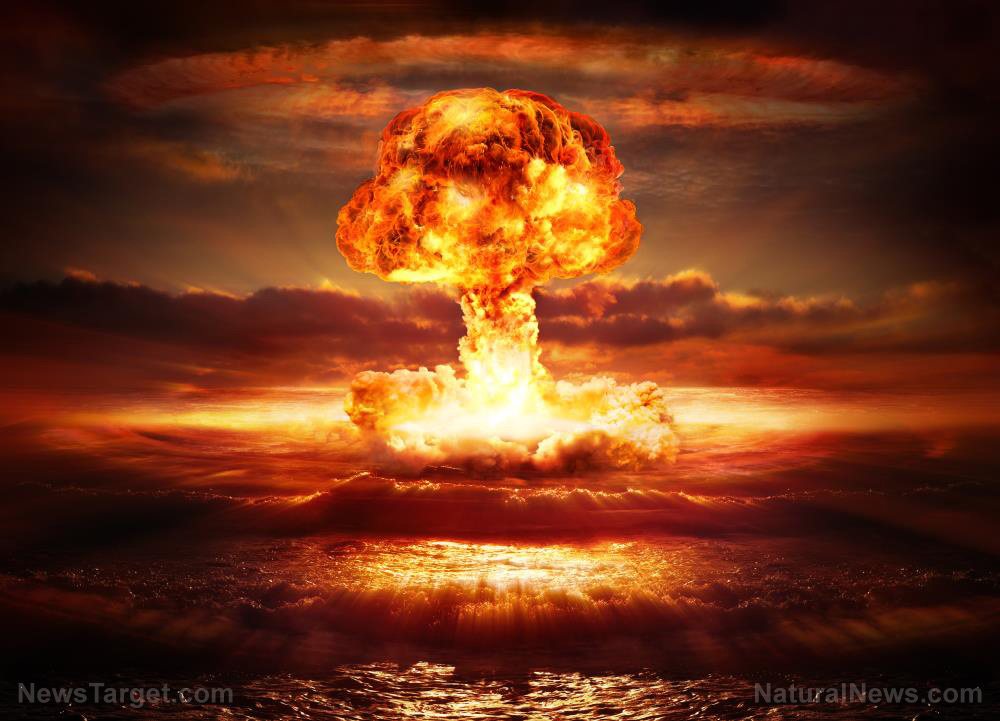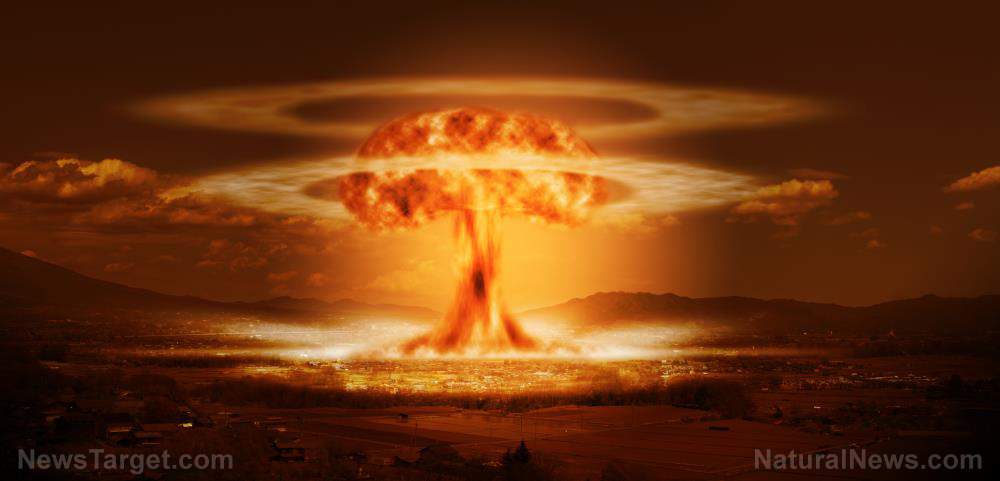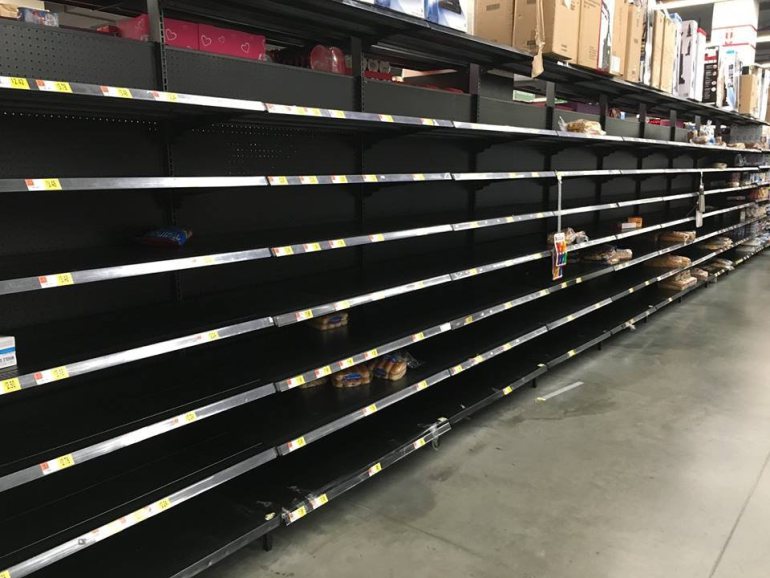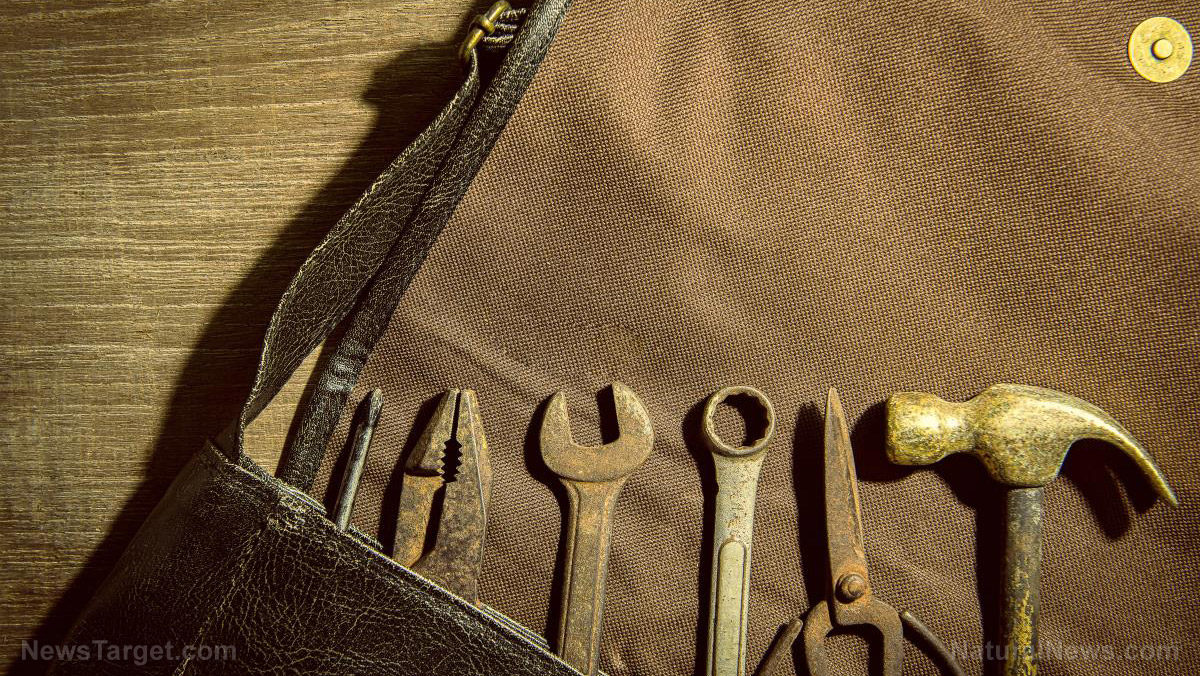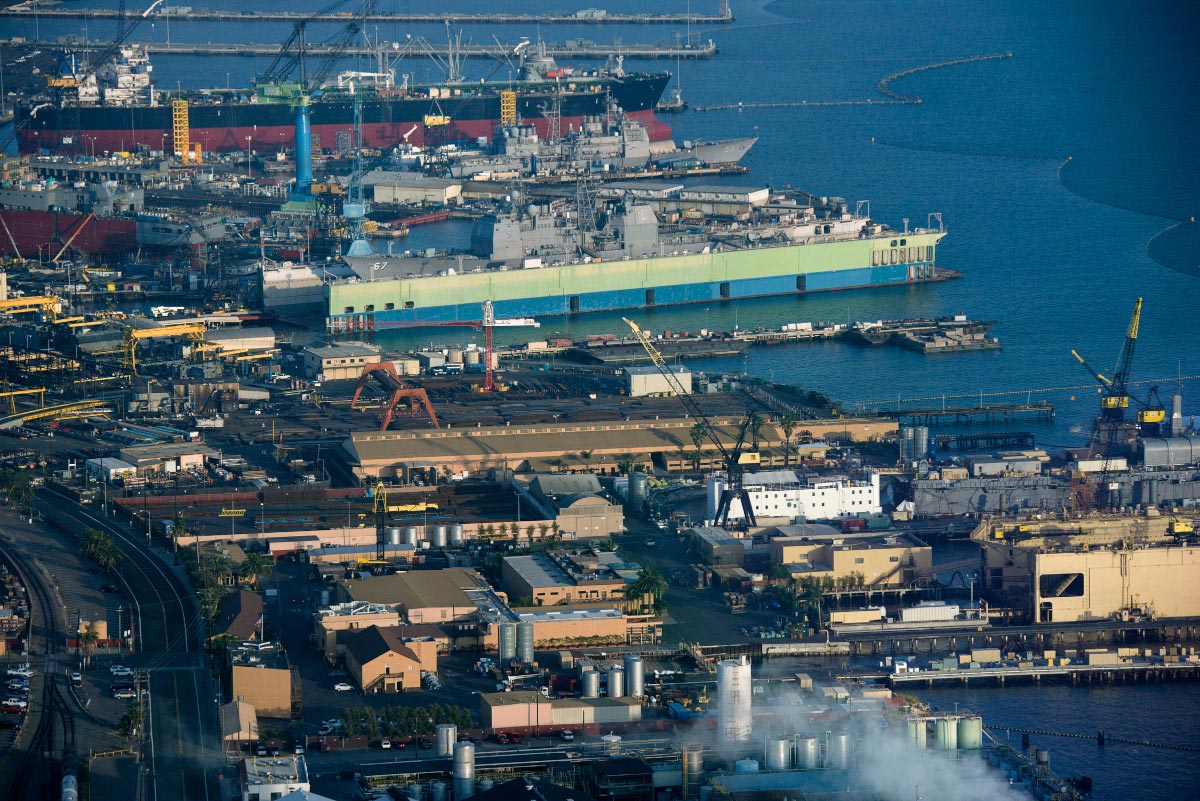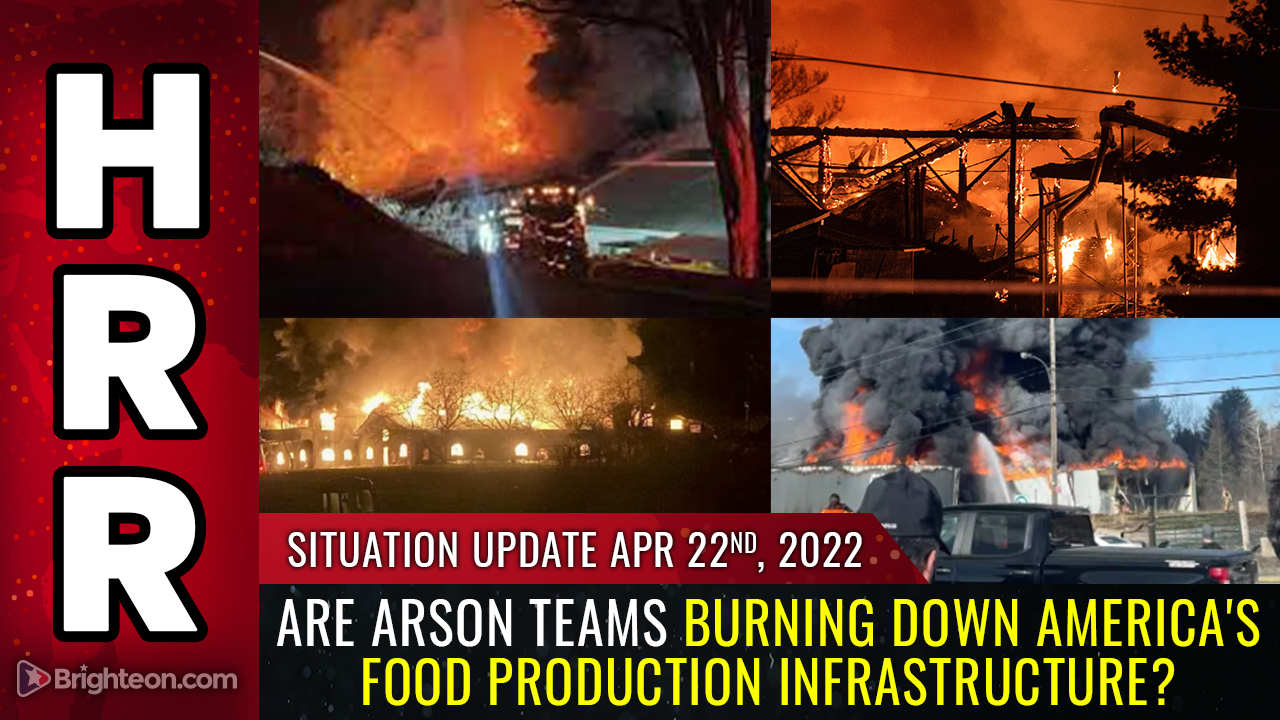Extended energy supply shortage looms as prices for oil and natural gas soar
10/15/2021 / By Arsenio Toledo

The prices of oil and natural gas have been on an extended climb, a trend that is warning America that energy supply shortages will soon become more commonplace.
On Monday, Oct. 11, the price of U.S. crude oil rose by 1.5 percent to $80.52 a barrel. This is the first time the price of crude oil closed above $80 since late 2014. This also represents a 125 percent increase in the price of oil since the end of October 2020.
Current trends show that the climbing price of oil is on track to outpace the growth of copper for the first time since 2002. Crude oil is also topping an index of raw materials by the biggest margin in more than a decade, according to Dow Jones Market Data.
The growth in the price of natural gas is also outpacing most other commodities. U.S. natural gas futures hit a nearly 13-year high on Oct. 5 after rising to $6.31 per million British thermal units.
The rise in the prices of oil and natural gas continues amid concerns around the world regarding potential energy supply shortages. This shows that many traders expect the weak supply to inflate prices and lift fuel costs for both consumers and businesses alike.
Surge in energy prices threatens economic recovery
The relentless increase in the price of oil and natural gas has led to a surge in domestic energy prices.
Crude oil prices are up more than 65 percent this year so far. Natural gas prices have increased by more than 112 percent since January. Since October last year, the price of gasoline has risen by an average of about $1.10 per gallon. Unleaded is now priced at $3.27 per gallon, on average.
“What’s different about this is normally it’s oil that leads an energy crisis,” says Daniel Yergin, vice chairman of financial information provider IHS Markit. “But in this case it’s the tail that’s being wagged by natural gas, coal and renewables.”
“Oil is filling in to make up for the fact that liquefied natural gas is maxed out and wind in Europe has been a lot lower than normal,” he adds.
Yergin warns that if the price of natural gas continues to increase, manufacturers and electricity providers could start using oil as a substitute. Between 600,000 to 800,000 barrels of oil a day could be used as a substitute for natural gas in both Europe and Asia.
The surge in domestic energy prices and the significant disruptions to the already strained global supply chains have alarmed some economic analysts. They fear that America’s economic recovery following the devastating Wuhan coronavirus (COVID-19) pandemic lockdowns might stall out soon.
They are beginning to question whether the “perfect storm” of price increases and energy supply shortages could get worse and cause a recession. (Related: Lebanon plunged into darkness, India faces rolling blackouts, NYC pharmacy shelves BARE as global collapse accelerates, leading to rolling blackouts across the USA.)
But some financial analysts believe that Americans should not worry too much just yet.
Bruce Kasman, chief economist at JPMorgan Chase, is one of those optimists. He believes the jump in prices will not turn American economic growth negative just yet. But the consequences of the compounding global problems will have consequences that everyday Americans will feel for a while, including higher energy costs.
“Periods of trending oil prices tend not to be a problem,” says Kasman. “The periods of spiking oil prices tend to be what gets you into trouble. They tend to be largely supply driven, and they tend to have disruptive elements that are more broad in terms of their potential drags on growth.”
Kasman adds that the rise in energy costs will result in the slowdown of economic growth during the fourth quarter of 2021. “It’s not at a point where we’re warning about recession,” he says. “But it’s at the point where you have to worry about it hurting growth in a material way.”
“We’re looking at GDP growth in the four percent to six percent range,” says Anwiti Bahuguna, head of multi-asset strategy at asset management company Columbia Threadneedle. “We would have to see massive doubling and tripling of oil prices for it to have such a bad effect that we go to negative growth.”
Learn more about how the energy supply shortage makes America more vulnerable to an economic crash by reading the latest articles at MarketCrash.news.
Sources include:
Submit a correction >>
Tagged Under:
crude oil, economic crash, economy, electricity, energy crisis, energy supply shortage, market crash, natural gas, oil, power, power grid, recession, supply chain
This article may contain statements that reflect the opinion of the author
Get independent news alerts on natural cures, food lab tests, cannabis medicine, science, robotics, drones, privacy and more from NewsTarget.com
Get independent news alerts on natural cures, food lab tests, cannabis medicine, science, robotics, drones, privacy and more from NewsTarget.com
RECENT NEWS & ARTICLES
SHTF.News is a fact-based public education website published by SHTF News Features, LLC.
All content copyright © 2018 by SHTF News Features, LLC.
Contact Us with Tips or Corrections
All trademarks, registered trademarks and servicemarks mentioned on this site are the property of their respective owners.


